NQF Level:
5
Credits:
15
Minimum Duration:
6 Weeks (Part-Time)
Faculty:
Information and Communication Technology
Department:
Micro-Credentials & Short Learning Programmes
Accreditation Authority:
AIFT Senate
Master the Future of Marketing with Advanced Digital Strategies and Cutting-Edge Tools
The Data Protection and Cybersecurity micro-credential programme equips participants with essential skills to navigate the ever-evolving landscape of cybersecurity. By mastering foundational concepts, real-world applications, and ethical practices, participants will be empowered to identify and mitigate cyber threats effectively. This programme is ideal for individuals eager to enhance their knowledge in safeguarding personal, business, and organisational data, ensuring resilience against digital risks.
Why Choose This Qualification?
Comprehensive coverage of cybersecurity concepts and practices relevant to current digital trends. Real-world exercises in secure data handling, encryption, and cyber defense. Options for contact, blended, and distance learning to fit diverse schedules. Designed with international standards to ensure participants are prepared for global opportunities. Continuous guidance from seasoned cybersecurity professionals and academic mentors.
Admission Requirements.
Not explicitly mentioned in the document
Qualification Structure.
Week 1: Introduction to Cybersecurity - Core concepts, terminologies, and principles of cybersecurity. Week 2: Secure Data Handling - Safe storage, transfer, and encryption techniques. Week 3: Cyber Threats and Vulnerabilities - Identification of potential threats and common security vulnerabilities. Week 4: Ethical Considerations in Security - Ethical hacking, privacy laws, and compliance with global data regulations. Week 5: Cybersecurity in Practice - Hands-on exercises in threat detection, prevention, and response strategies. Week 6: Assessment and Certification - Final Project Submission, Feedback, and Certification.
Learning Outcomes.
Demonstrate foundational knowledge of cybersecurity principles, terminologies, and key practices. Recognise common cyber threats and vulnerabilities, understanding their impact on systems, data, and organisations. Apply techniques for secure data storage, transfer, and encryption to safeguard sensitive information. Formulate and execute effective plans to detect, mitigate, and respond to cybersecurity incidents. Evaluate global and local data protection regulations, privacy laws, and ethical practices, including compliance with frameworks such as GDPR and POPIA. Engage in hands-on exercises to build defenses, prevent breaches, and recover from cybersecurity attacks. Integrate advanced tools and technologies, such as AI and machine learning, for threat detection and management. Support and enhance cybersecurity measures within organisational contexts to align with best practices and regulatory standards.
International Comparability.
Not explicitly mentioned in the document
Qualification Modes of Delivery and Support.
Blended Learning: Combines online modules with in-person practical sessions. Distance Learning: Fully online with asynchronous support. Face-to-face Workshop sessions for personalised mentorship and peer interaction.
Career Opportunities.
Data Protection Officer, Cybersecurity Analyst, IT Compliance Specialist, Incident Response Coordinator.
Articulation Options.
Not explicitly mentioned in the document
Ensure Compliance, Empower Financial Accuracy.
Empower Financial Accuracy




